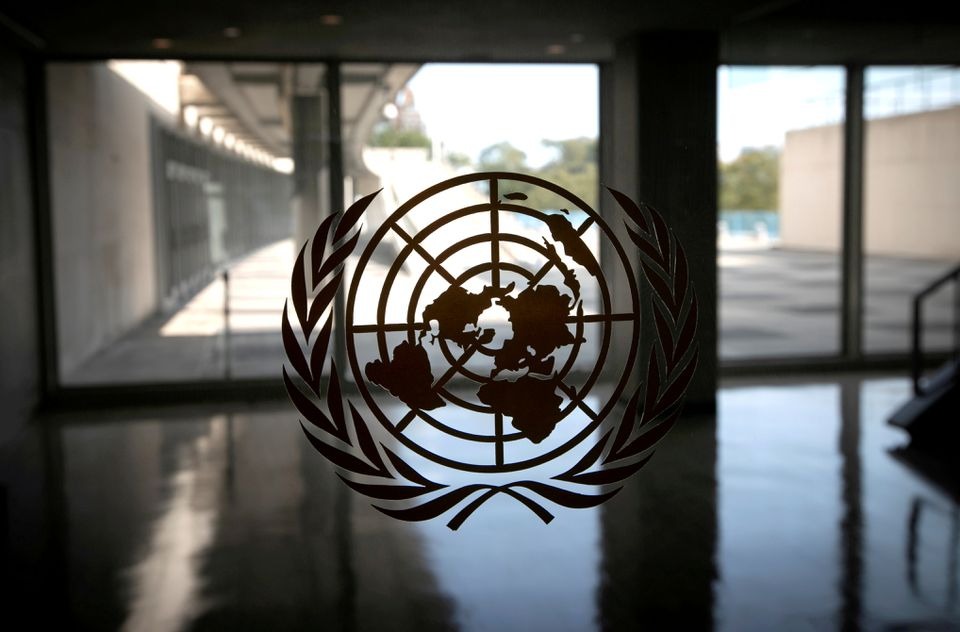Afghanistan has remained in debt to the United Nations for four consecutive years, owing $800,000 in unpaid dues since 2021, following the collapse of the former government, sources told Amu.
This debt has resulted in Afghanistan’s permanent mission losing its voting rights in the General Assembly.
Sources revealed that Afghanistan is required to pay $200,000 annually to the UN.
Former Vice President Amrullah Saleh described the suspension of Afghanistan’s voting rights as a political issue.
However, Naseer Ahmad Faiq, chargé d’affaires of Afghanistan’s permanent mission at the UN, denied Saleh’s remarks, citing financial reasons for the loss of voting rights. Faiq also pledged to address the issue through diplomatic efforts.
“The suspension of Afghanistan’s voting rights in the United Nations is not related to the non-payment of our country’s membership dues. If that is the case, I am willing to pay the past debts and the membership fees for the next three years,” Saleh wrote on X (formerly Twitter). “Unfortunately, lies and deception are part of the strategies used by global powers and organizations.”
Faiq told Amu that the suspension is due to non-payment of dues, not political reasons. He further explained that if a member fails to pay its dues for two consecutive years, it loses its voting rights. Efforts are underway to resolve the issue through diplomatic means.
“This matter is technical and not political. According to the Convention, any member of the United Nations General Assembly that does not pay its membership dues for two consecutive years will have its voting rights suspended until the necessary funds are paid or reasons are provided showing that the issue is beyond the member state’s control,” Faiq said. “The Permanent Mission of Afghanistan has acted in accordance with the existing principles and procedures of the United Nations in a timely manner, and it is hoped that this issue will be resolved after completing the necessary procedures.”
Despite holding $3.5 billion in Afghan Trust Funds based in Switzerland, Afghanistan is losing its voting rights. One of the main objectives of these funds is to pay for Afghanistan’s dues.
Ahmad Javid Ziartjahi, a former diplomat, criticized the management of embassy revenues, citing autocracy, lawlessness, and corruption as reasons for prioritizing personal interests over national interests. “It would have been very simple to pay this money from the embassies’ revenues,” he said.
Sayed Jamal Khorshid, another former diplomat, highlighted Afghanistan’s internal political problems and paused diplomatic relations, which have affected its international credibility. “From a legal and diplomatic standpoint, Afghanistan cannot participate in the UN General Assembly with voting rights and presence as a party or as a permanent member,” Khorshid said.
According to the UN’s list, Afghanistan, along with Comoros, Ecuador, Sao Tome, Somalia, and Venezuela, has not paid its dues and has lost its voting rights. However, Comoros, Ecuador, and Somalia have recently secured their voting rights back.
Faiq vowed to continue efforts to regain Afghanistan’s voting rights through diplomatic channels.




